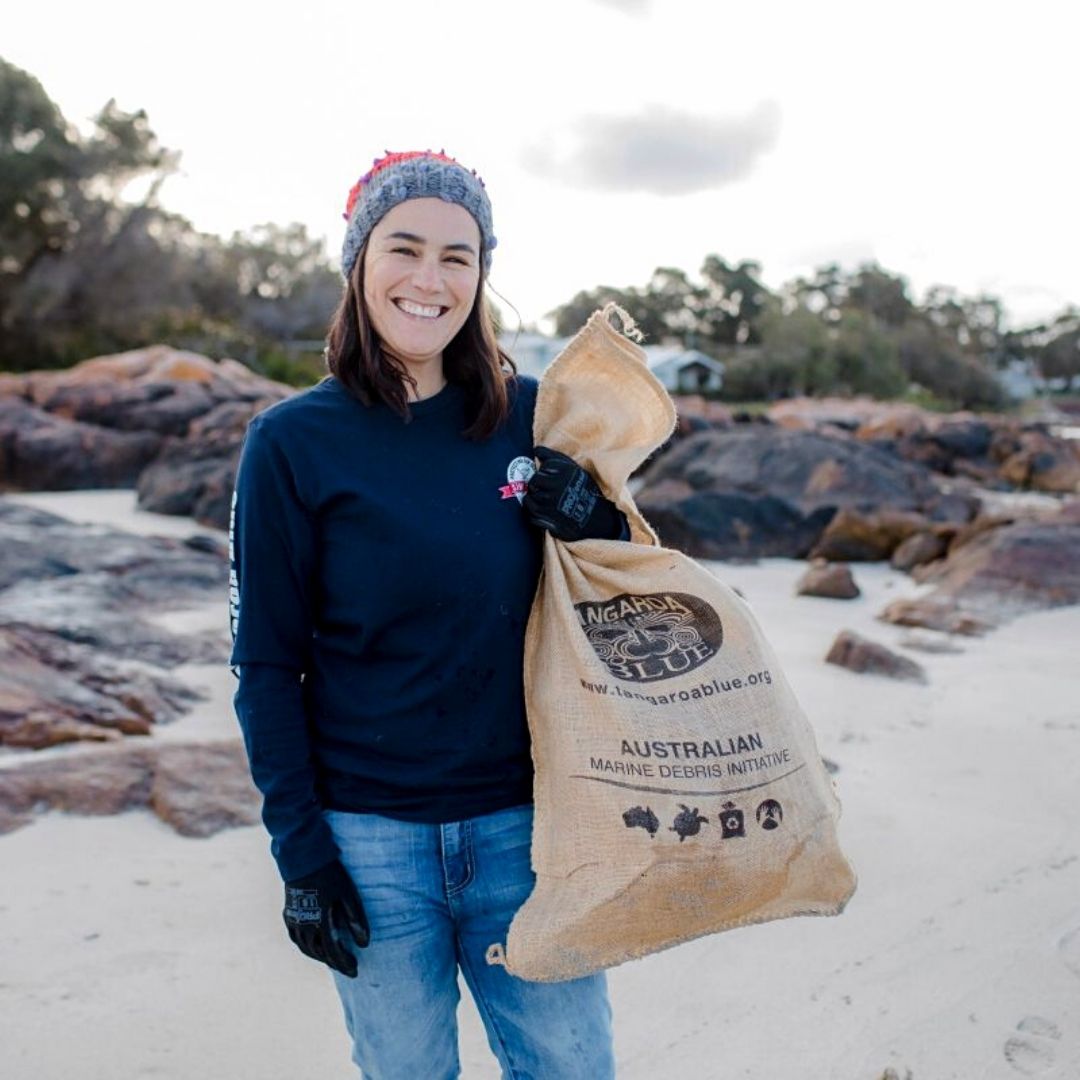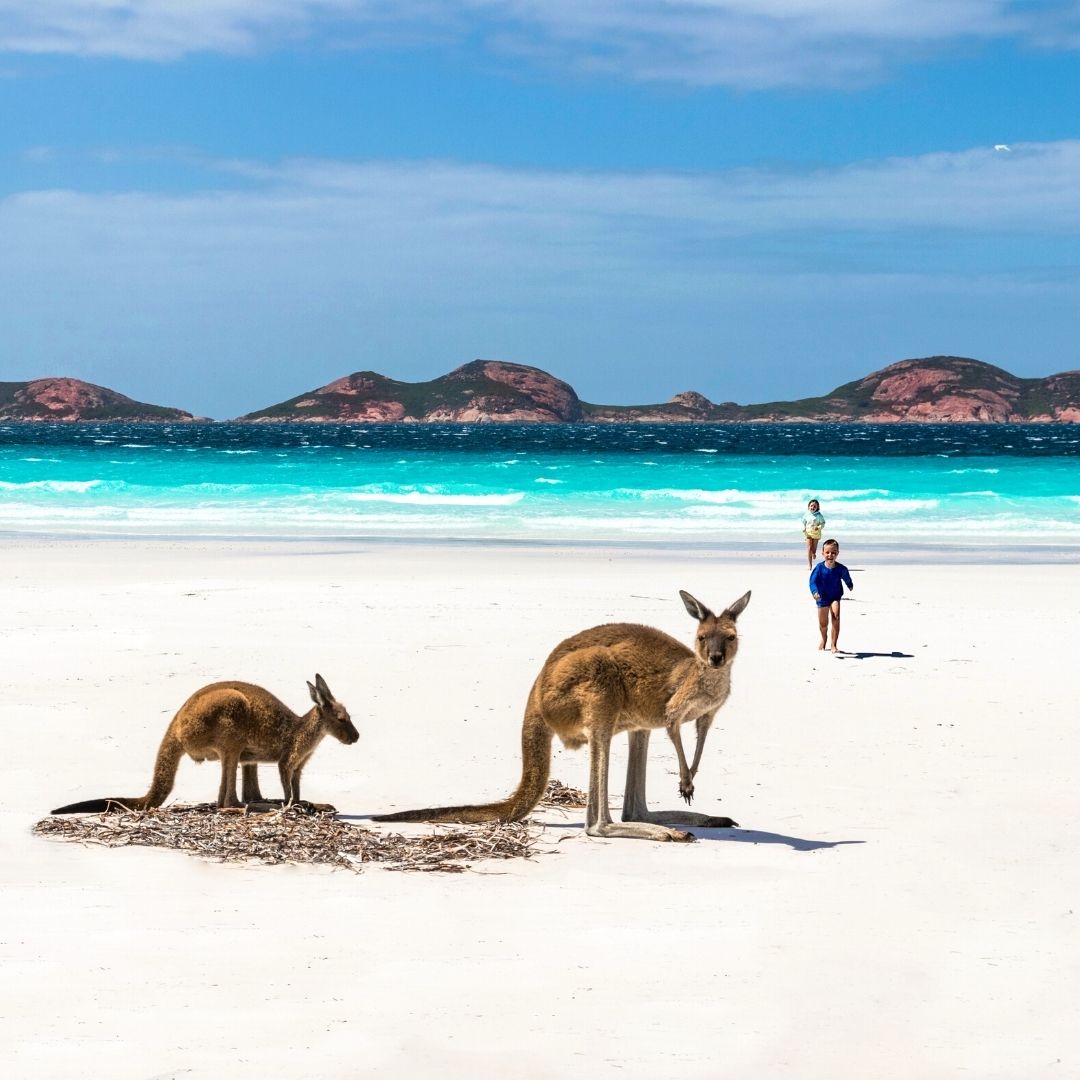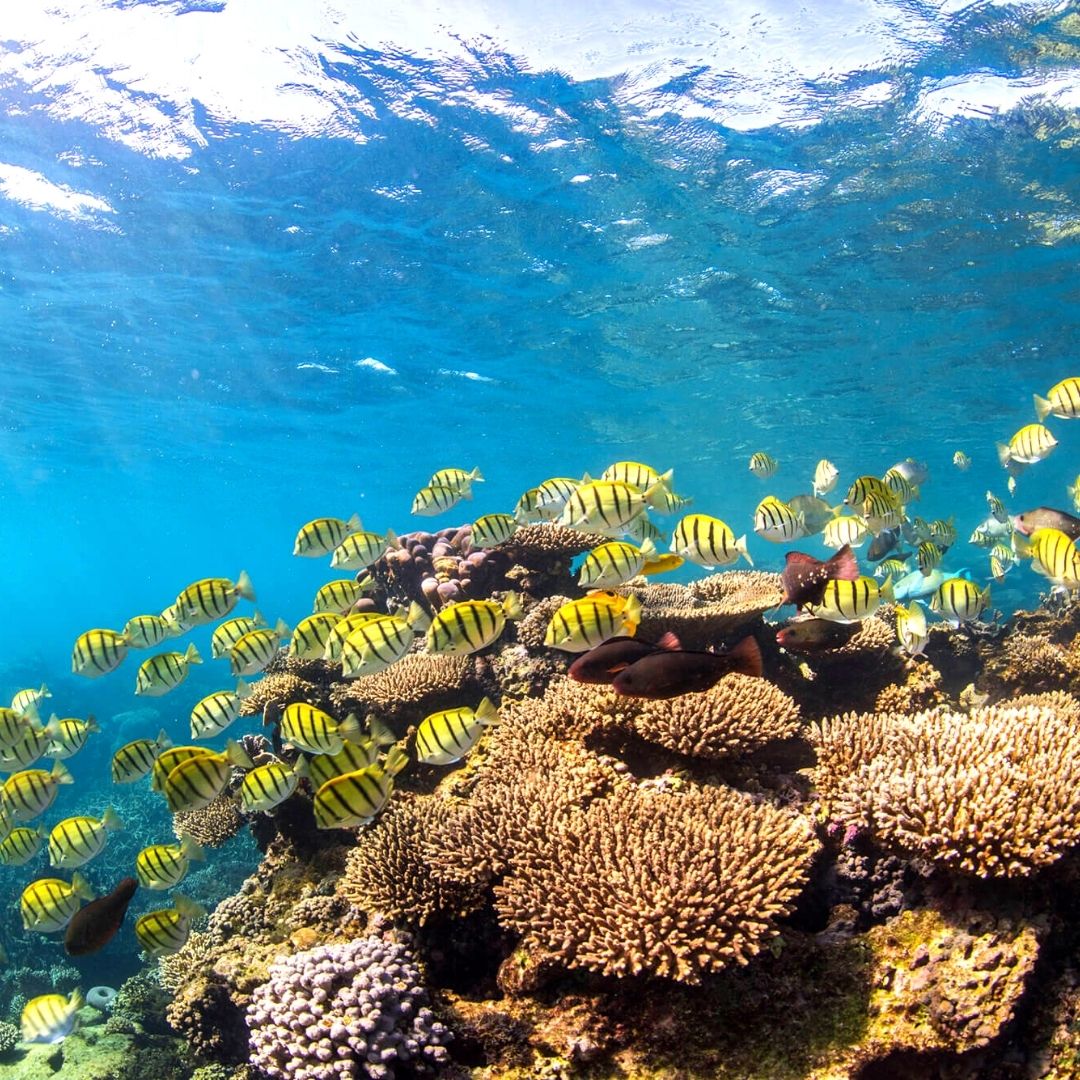There’s no better time than now to participate in a beach clean-up event! Keep on reading to find out why these events are crucial to tackling marine pollution.


To help researchers understand the types of marine debris
Keeping Australia’s beaches beautiful is up to us. By participating in a beach clean-up event, you’ll be helping to create an accurate picture of plastic pollution in Australia!
At most beach clean-up events, litter is sorted into common categories to help identify the biggest problem areas. You’ll often find things like food wrappers, plastic bottles, straws, cigarette butts, fishing line, polystyrene pieces, and other items made from glass, rubber, metal, fabric, and wood.


To develop solutions to plastic pollution
Thousands of beach clean-ups across Australia have helped build a clearer picture of the marine debris crisis. From local communities to citizen scientists, this collective effort has supported research showing that around 84% of rubbish found on Australian beaches is plastic. Studies also reveal that roughly half of marine debris comes from land-based sources, while 42% has broken down into microplastics, making it difficult to trace.
Collecting and categorising this waste plays a vital role in shaping long-term solutions. As researchers highlight, strategic action backed by real data is essential to reducing plastic pollution — and monitoring progress is just as important as taking the first step.


To protect marine life from harm
Around 800 species worldwide — including 77 found in Australian waters — are affected by marine debris. From entanglement to ingestion, plastic pollution poses a serious threat to marine animals and ecosystems.
That’s why communities, organisations, and everyday ocean-lovers are stepping up to help — by removing litter from coastlines, preventing new waste from entering the ocean, and encouraging better choices upstream.
With your help, we can stop marine pollution before it starts. Whether you're taking part in a local clean-up, reducing single-use plastics at home, or spreading the word — your actions count.
Want to participate in a beach clean-up event? Surfrider run beach cleans every month across Australia – you can check a local beach near you here.



